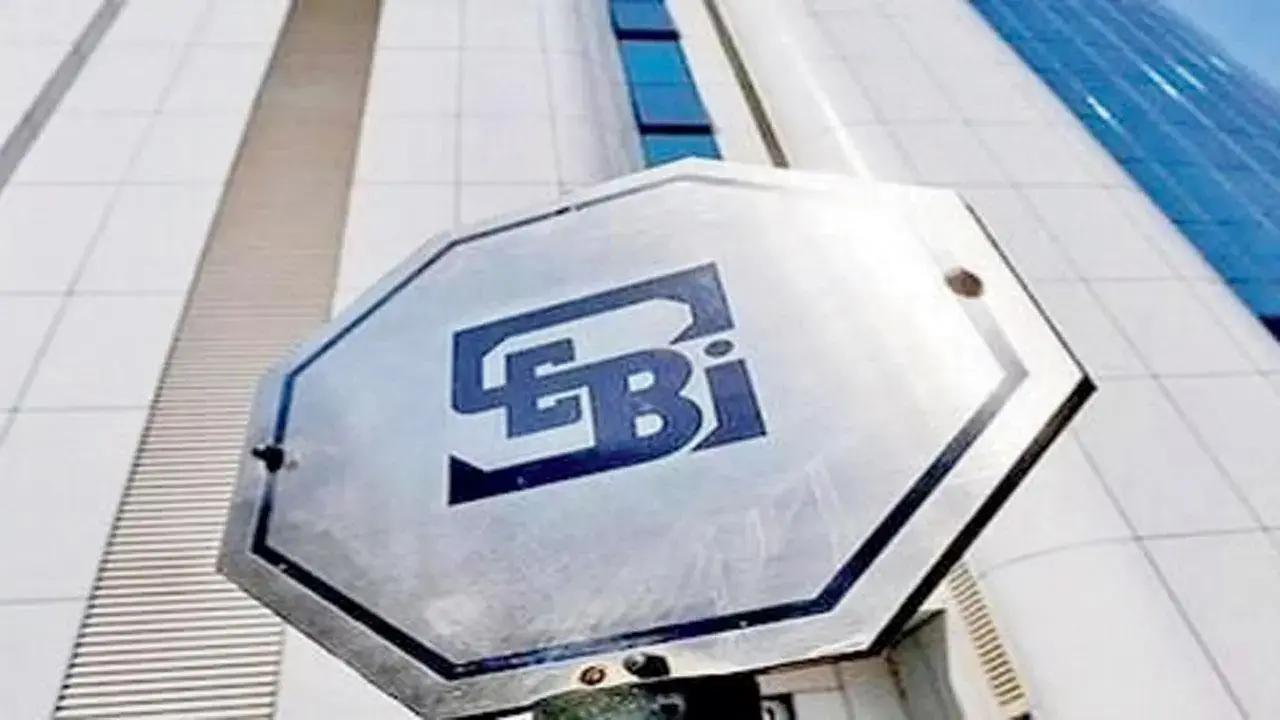The Securities and Exchange Board of India (Sebi) proposes new regulations for Real Estate Investment Trusts (REITs) and Infrastructure Investment Trusts (InvITs), allowing the use of interest rate derivatives for hedging risks and enhancing financial stability.

Representational Pic
Key Highlights
- Sebi proposes allowing REITs and InvITs to use interest rate derivatives for risk hedging
- New regulations improve governance and operational flexibility for these investment trusts
- A separate framework for restricted return InvITs is also under consideration
The Securities and Exchange Board of India (Sebi) has proposed significant changes aimed at enhancing the operational framework for Real Estate Investment Trusts (REITs), Small and Medium REITs (SM REITs), and Infrastructure Investment Trusts (InvITs). The proposed regulations will allow these entities to utilise interest rate derivatives for hedging against fluctuations in interest rates, which could bolster cash flow stability and mitigate risks associated with long-term infrastructure projects.
In a recent consultation paper, Sebi suggested that REITs and InvITs should be permitted to engage in derivatives like interest rate swaps. This initiative is intended to protect the interests of unitholders and ensure smoother cash flow management for these trusts. The regulator is also considering amendments that would enable locked-in units for REITs and InvITs to be transferred among sponsors and their groups. This mirrors the rules currently in place for promoters of listed companies and aims to assist sponsors in managing their holdings while maintaining "skin in the game."
Further proposals include recognising fixed deposits as cash equivalents when assessing leverage for REITs and InvITs, alongside clarifications regarding credit rating requirements for their borrowings. Sebi has also put forth plans to allow REITs to invest in liquid mutual funds, with the overarching goal of improving the ease of doing business for these trusts and ensuring adequate protection for investors.
Additionally, the proposed rules would define “Common Infrastructure” within the REIT framework, clarifying that facilities such as power plants and water treatment systems serving multiple REIT assets qualify under this definition, even if not located within a single project. This flexibility is crucial for operational efficiency and ensuring these services exclusively benefit REIT assets.
In terms of governance, Sebi aims to enhance transparency by amending reporting norms for InvITs. The changes would require quarterly performance results to reflect the performance of the InvITs themselves, aligning their reporting obligations more closely with those of REITs.
To strengthen the composition of Nomination and Remuneration Committees (NRCs), Sebi has suggested allowing a mix of independent and non-executive directors in the management of REITs and InvITs, similar to the regulations governing listed companies.
Sebi is also reviewing conditions for InvITs that currently restrict borrowing beyond the 49 per cent limit, and it is assessing the role of trustees for REITs, InvITs, and SM REITs to enhance investor protection.
In a separate initiative, Sebi proposed a regulatory framework for "restricted return InvITs." This framework aims to provide investors with predictable returns, establishing limits on both gains and losses. These structured return InvITs would require high minimum investment thresholds and would be available only to sophisticated investors.
Sebi has invited public comments on these consultation papers by November 13, seeking feedback on these important regulatory changes that could significantly impact the real estate and infrastructure investment sectors in India.
ADVERTISEMENT
(With inputs from PTI)
 Subscribe today by clicking the link and stay updated with the latest news!" Click here!
Subscribe today by clicking the link and stay updated with the latest news!" Click here!







